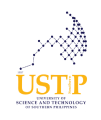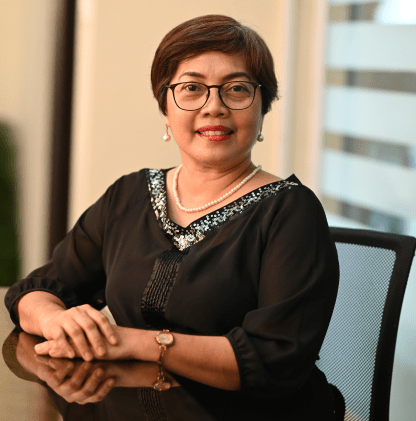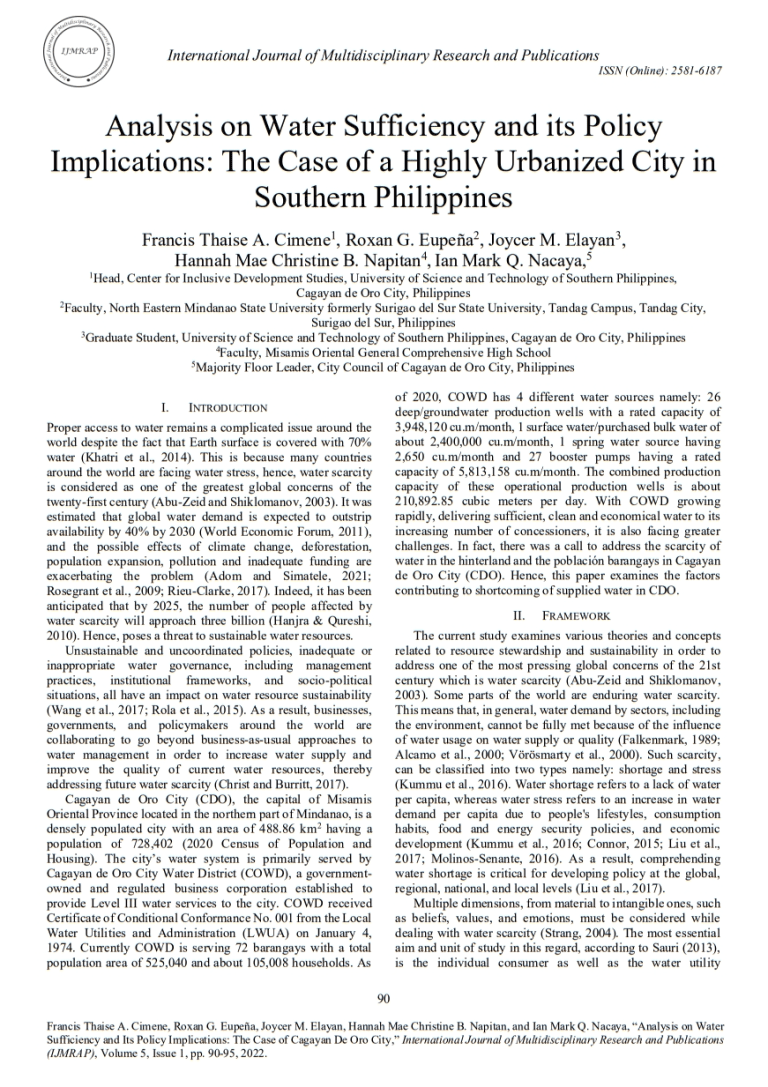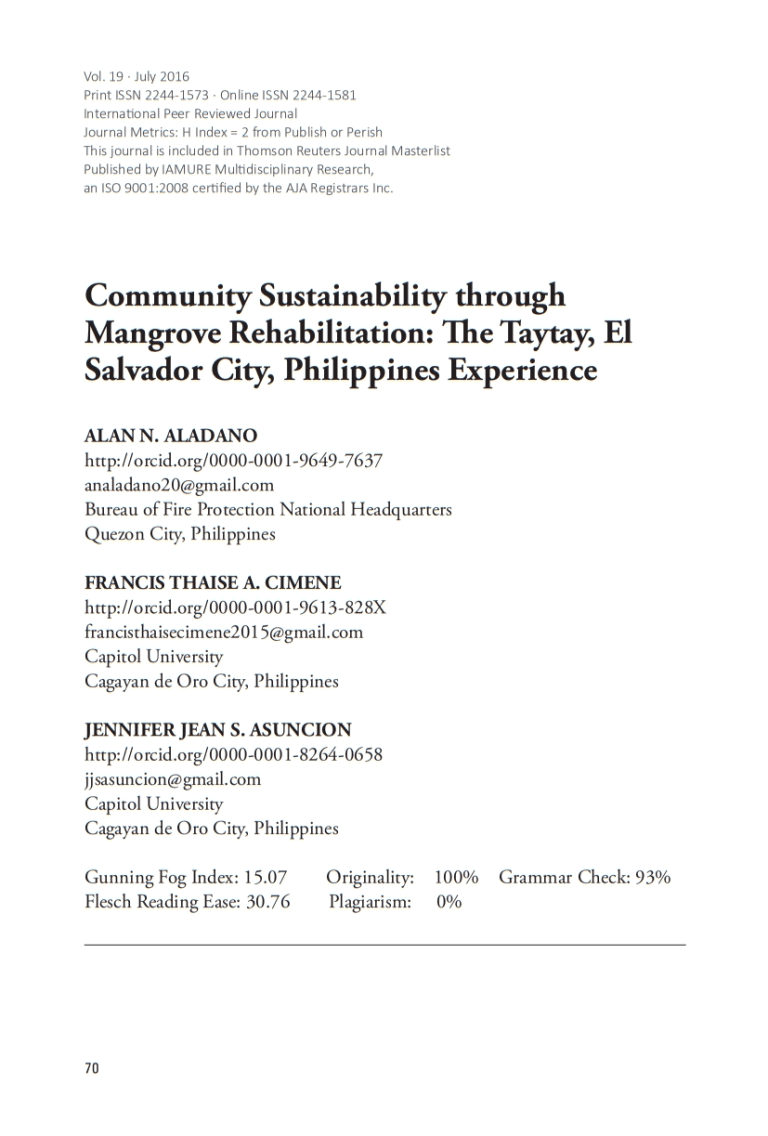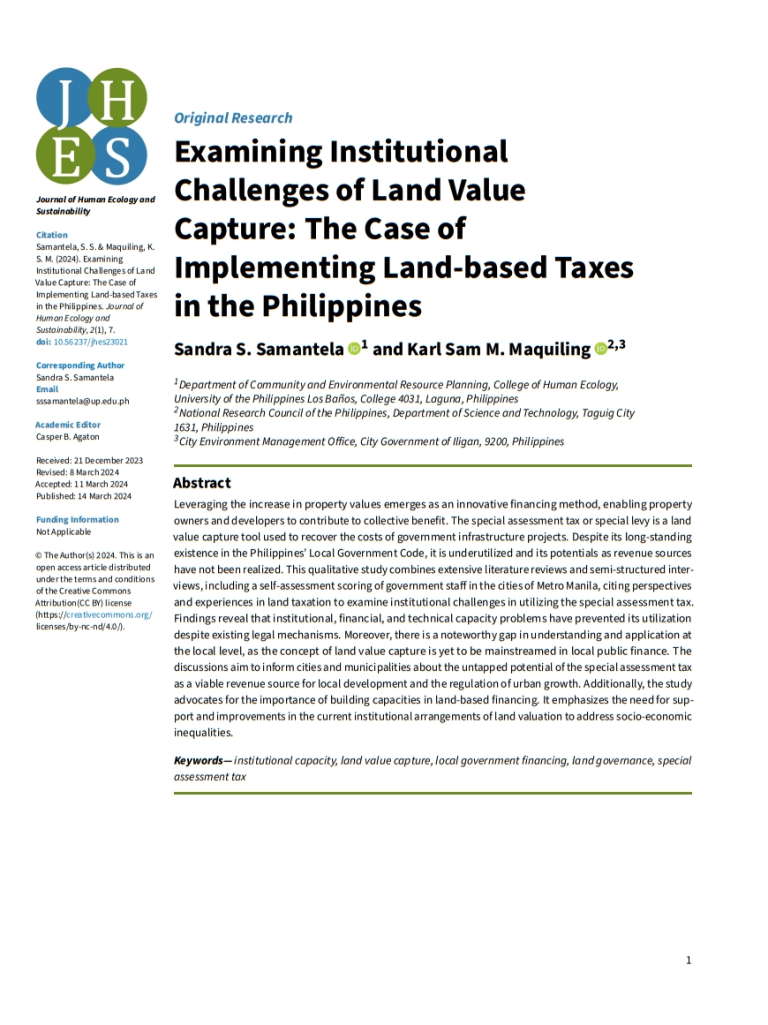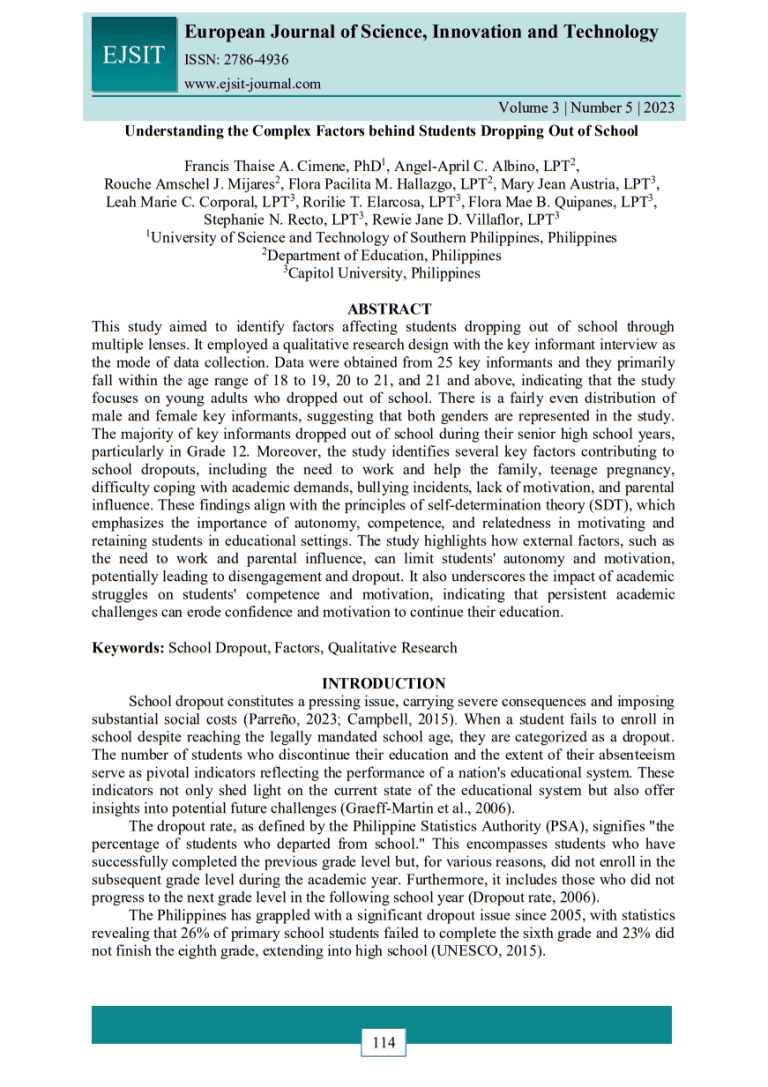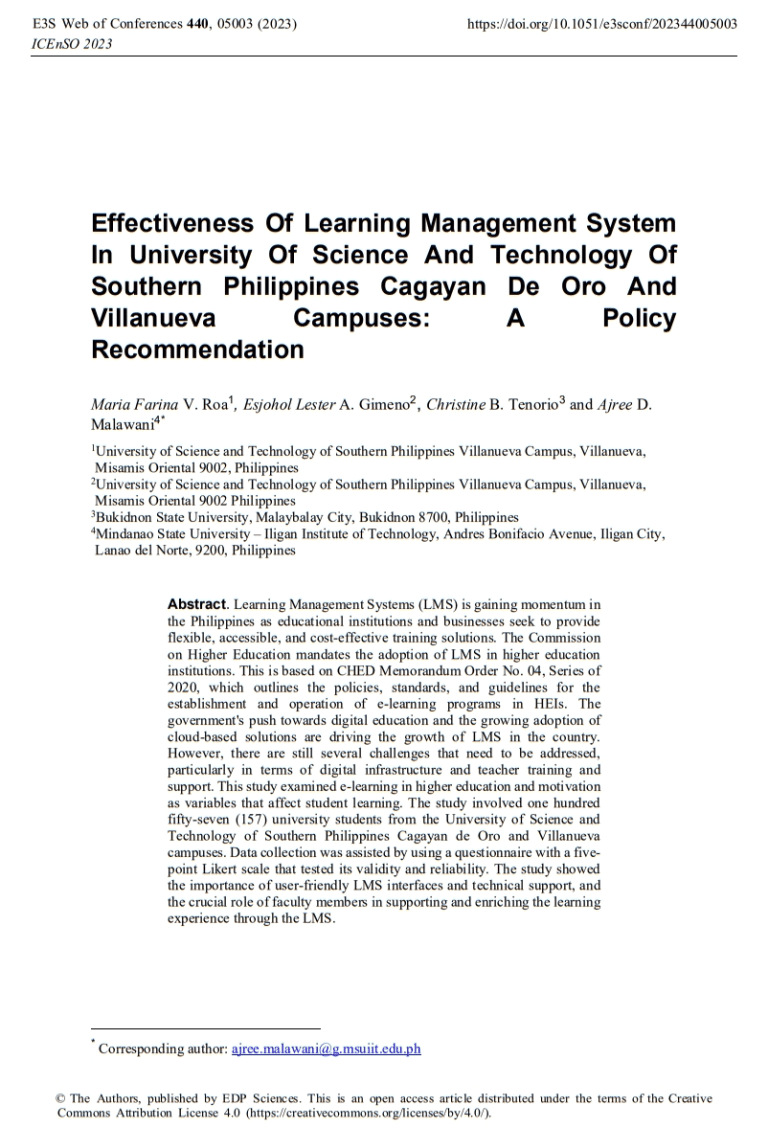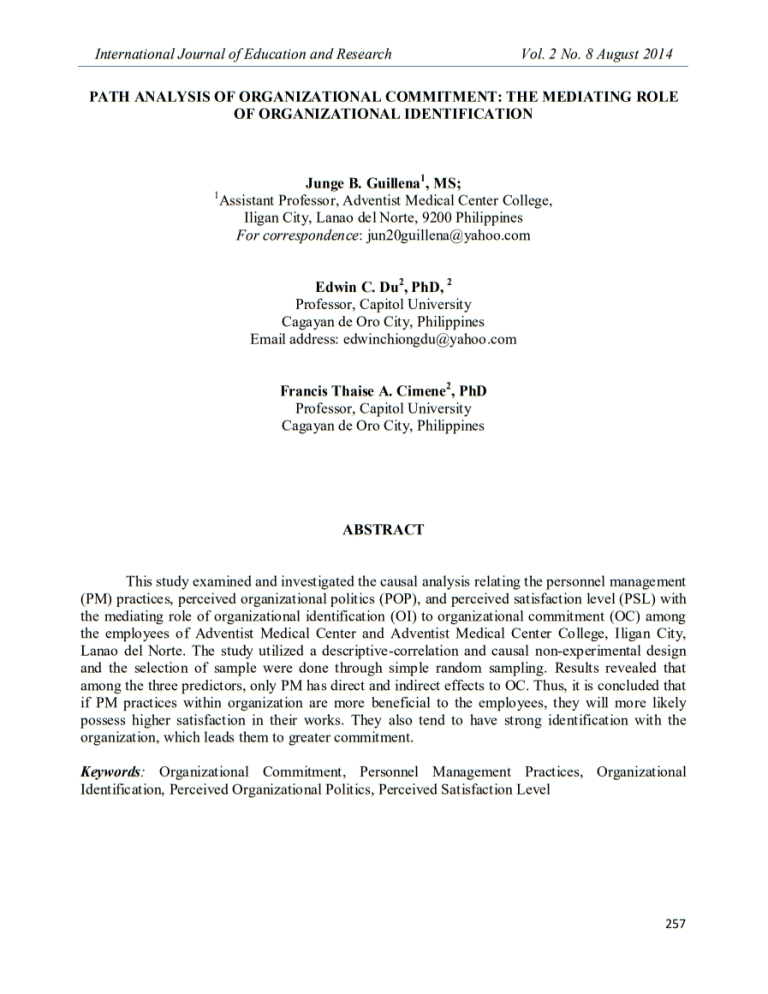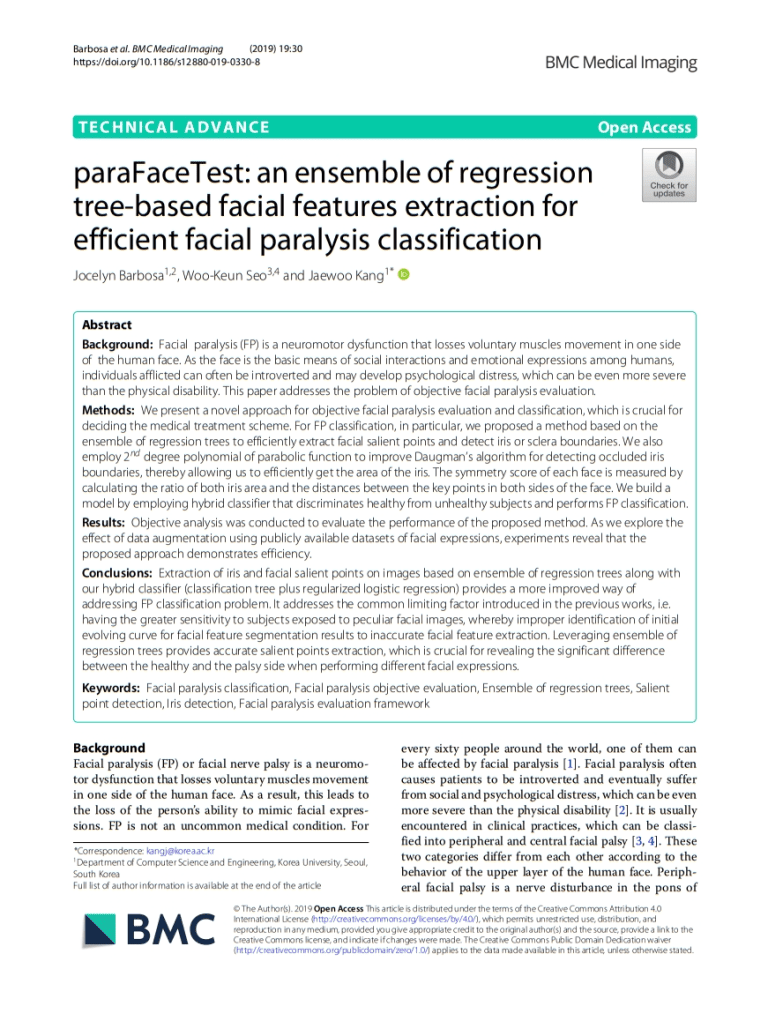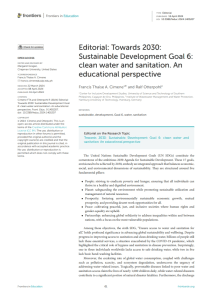

Published: Apr 16, 2024 | Updated: May 01, 2024
Editorial: Towards 2030: Sustainable Development Goal 6: clean water and sanitation. An educational perspective
Authors: Dr. Francis Thaise and Ralf Otterpohl development, Goal 6, sanitation, sustainable, waterAbstract
The United Nations Sustainable Development Goals (UN SDGs) constitute the cornerstone of the ambitious 2030 Agenda for Sustainable Development. These 17 goals, envisioned to be achieved by 2030, embody an integrated approach that balances economic, social, and environmental dimensions of sustainability. They are structured around five fundamental pillars:
• People: striving to eradicate poverty and hunger, ensuring that all individuals can thrive in a healthy and dignified environment.
• Planet: safeguarding the environment while promoting sustainable utilization and management of natural resources.
• Prosperity: fostering environmentally sustainable economic growth, mutual prosperity, and providing decent work opportunities for all.
• Peace: cultivating peaceful, just, and inclusive societies where human rights and gender equality are upheld.
• Partnership: enhancing global solidarity to address inequalities within and between nations, with a focus on the most vulnerable populations.


